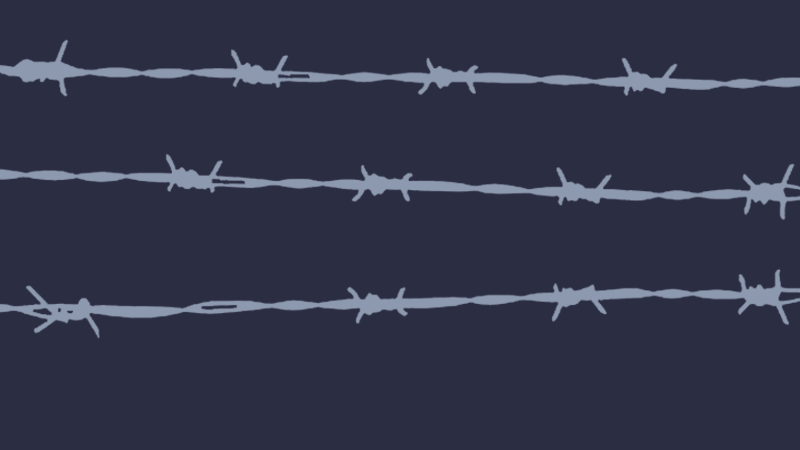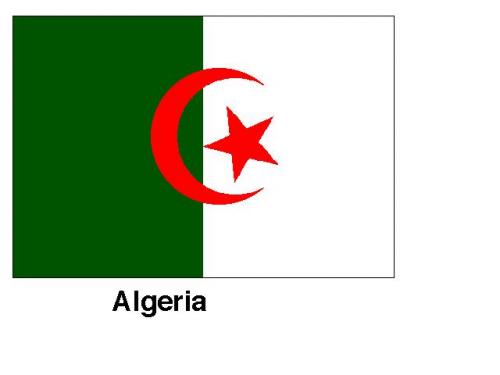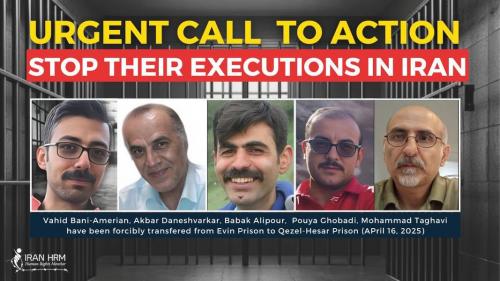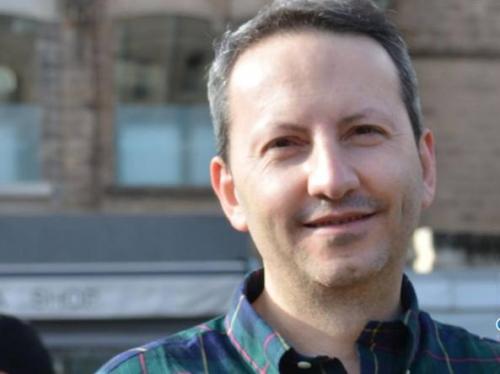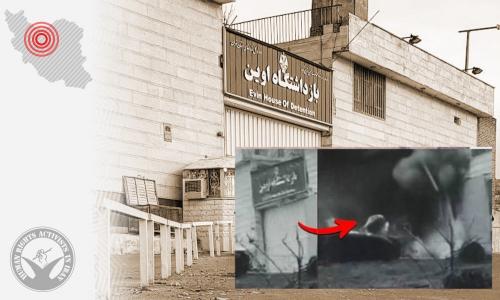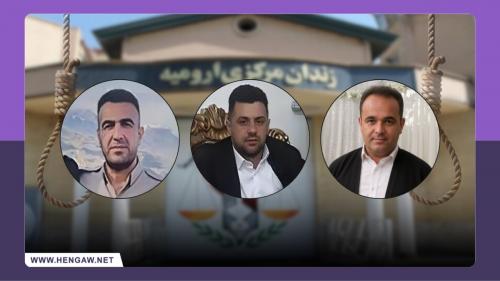government: republic
state of civil and political rights: Not free
constitution: 8 September 1963; effective 22 November 1976; revised several times the last on November 12, 2008
legal system: socialist, based on French and Islamic law
legislative system: bicameral Parliament consists of the National People's Assembly (Al-Majlis Ech-Chaabi Al-Watani) and the Council of Nations
judicial system: Supreme Court
religion: Sunni Muslim (state religion) 99%, Christian and Jewish 1%
death row: At least 677 (up to April, 16, 2013 www.deathpenaltyworldwide.org)
year of last executions: 0-0-1993
death sentences: 23
executions: 0
international treaties on human rights and the death penalty:International Covenant on Civil and Political Rights
1st Optional Protocol to the Covenant
Convention on the Rights of the Child
Convention Against Torture and Other Cruel, Inhuman or Degrading Treatment or Punishment
African Charter on Human and Peoples' Rights
Statute of the International Criminal Court (which excludes the death penalty) (only signed)
situation:
Algeria’s laws prescribe the death penalty for a range of crimes including ordinary
crimes. In 1992 the scope of the death penalty was extended to terrorist
offences.
The Penal Code provides for the application of the death penalty for serious
offences including: treason and espionage, attempts to change the regime or
actions aimed at incitement, destruction of territory, sabotage to public and
economic utilities, massacres and slaughters, participation in armed bands or
in insurrectionary movements, counterfeiting, murder, acts of torture or
cruelty, kidnapping and aggravated theft.
The political events of 1991/92 which culminated in an annulment of the vote
following the election of the Islamic Front, and subsequent acts of terrorism,
led to the declaration of a state of emergency and the introduction of special
laws in September 1992 (anti-terrorism decree) extending the application of the
death penalty. This special decree was almost entirely included in the ordinary
law of 1995 that is currently applicable.
Former President Liamine Zeroual declared a moratorium on executions in
December 1993 and no executions have been carried out since. The last
executions took place in August 1993, when seven armed Islamists were executed.
They had been condemned to death for a 1992 attack on Algiers airport by
special courts, which have since been dissolved.
On April 15, 1999, Abdelaziz Bouteflika was elected President of Algeria. After
7 years of civil war, 100,000 murders, hundreds of missing people, unemployment
and institutional difficulties, the new President launched a policy for
reconciliation.
Since then, on the legislative front, a number of offenses for which capital
punishment was provided were subject to a cancellation pure and simple (such as
economic crimes) or a revision that led to the replacement of capital
punishment by imprisonment. Furthermore, no new law in Algeria provides for the
death penalty. In addition, several death sentences were commuted to prison
terms by presidential pardon.
In June 1999, the Algerian Parliament approved a law providing for reduced
prison terms to be meted out to members of armed Islamic fundamentalist groups.
Militant fundamentalists who had not perpetrated any killings for six months
and were ready to testify against their accomplices could benefit under this
law. The following month President Abdelaziz Bouteflika pardoned thousands of
fundamentalists on the basis of this national reconciliation law, which was
approved by a majority of 84.96% of voters in a national referendum held in
September 1999.
In 2001 President Bouteflika pardoned 7,000 prisoners and 115 inmates condemned
to death had their sentences commuted to life imprisonment. However, terrorist
attacks and subsequent capital sentences have continued to the present day.
Following the constitutional amendment allowing him to run for a third term, Bouteflika
won the 2009 presidential election with 90.24% of the vote, thereby obtaining a
new five-year term.
On June 27, 2004 Justice Minister Tayeb Belaiz pledged to abandon the death
penalty for all but serious crimes such as terrorism and treason, media reports
said. The newspaper Al-Sharq Al-Awsat on June 29, 2004 reported that Belaiz’s
proposal also aimed to put an end to the widely-condemned practice of torture
in Algerian prisons and could be submitted to parliament by autumn. The EU had
repeatedly requested Algeria to abolish the death penalty and eradicate
torture. Algeria intended to co-operate more closely with European authorities,
that refused to hand over Algerian nationals detained on the continent on
charges of terrorism because of the existence of the death penalty in the north
African state. The European Convention on Human Rights binds EU countries to
reject extradition requests if there is a possibility of a death sentence. On
April 3, 2006, Algeria approved a new criminal code that did not scrap the
death penalty. It seemed as though the government's intent was to abolish
capital punishment, however, the new code retained a full version of ‘Article
5’ foreseeing its application.
In 2012 and the first months of 2013, dozens of death sentences for terrorism,
most in absentia, have been pronounced but not carried out in Algeria. At least
38 death sentences were imposed in 2013, mostly against people tried in absentia for
terrorism-related offences.
On 29 May 2012, Algeria was reviewed under the Universal Periodic Review of the
UN Human Rights Council. With regard to the issue of the death penalty,
Minister for Foreign Affairs Mourad Medelci said that the cultural specificities
and beliefs of Algerian society needed to be taken into account, in addition to
the international standards to which Algeria adhered.
Since 2007, Algeria co-sponsored and voted in favour of the Resolution on a
Moratorium on the Use of the Death Penalty at the UN General Assembly. Algeria
is also part of the Support Group of the International Commission for the
Promotion of the Moratorium and the Abolition of the Death Penalty.
On December 18, 2014, Algeria co-sponsored and voted in favour of the Resolution
on a Moratorium on the Use of the Death Penalty at the UN General Assembly.


